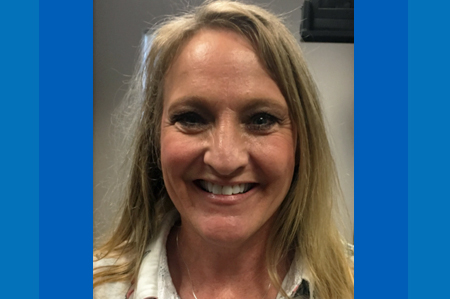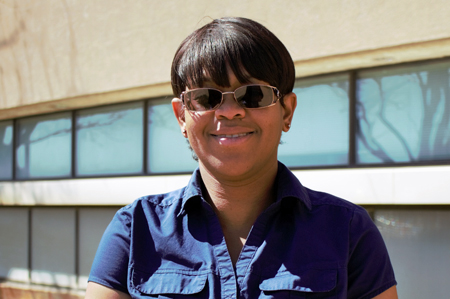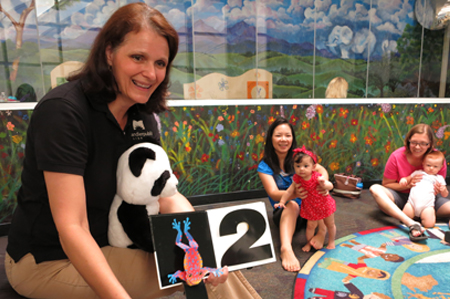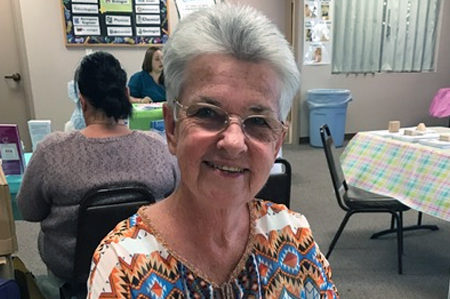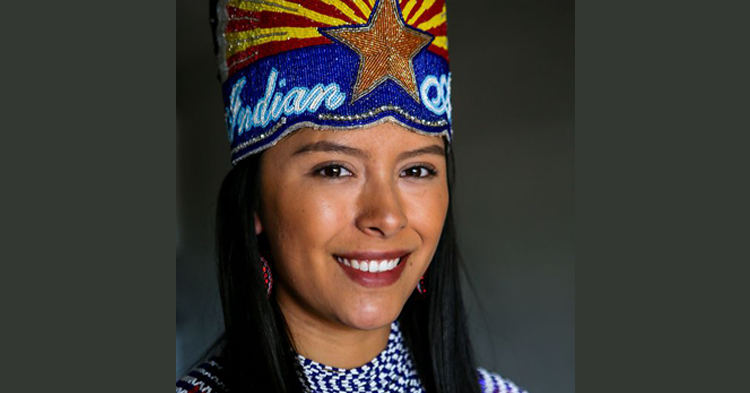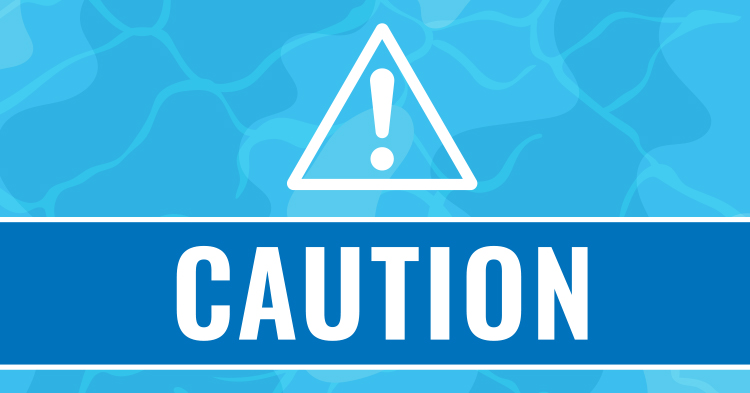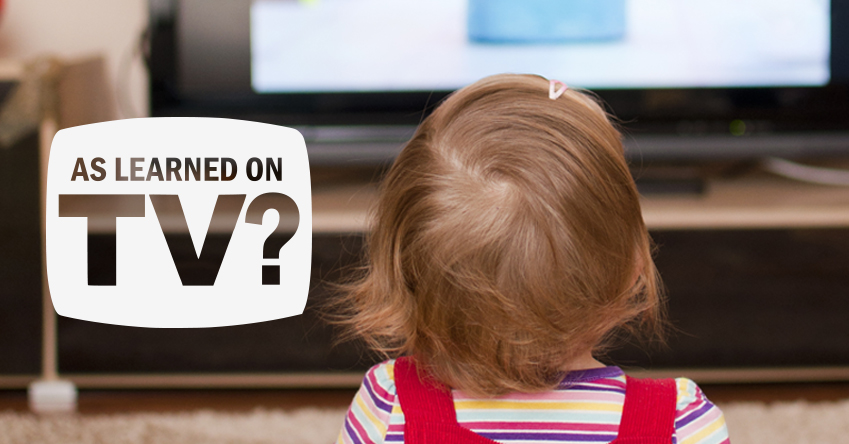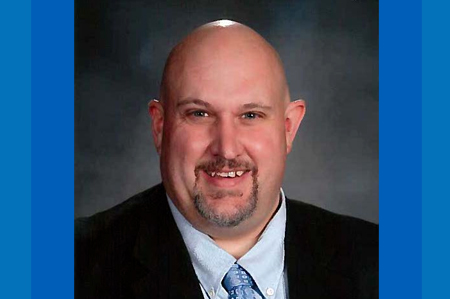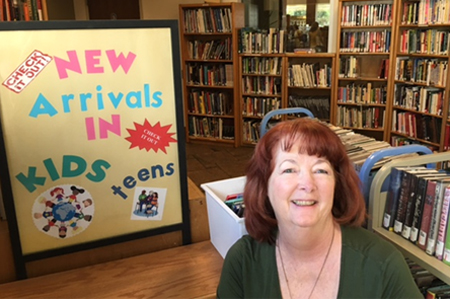
Alyson Cline has been selected as the First Things First 2017 Champion for Young Children for the Northwest Maricopa region.
The award is given to local champions who actively volunteer their time to raise public awareness of the importance of early childhood development and health. Champions spend a significant amount of time volunteering with First Things First and building public awareness about the importance of early childhood issues.
Cline engaged in awareness-raising efforts such as:
- Piloting a Books for Babies program where families receiving infant food boxes through St. Mary’s Food Bank in Surprise would receive a Read On Arizona literacy guide and a book with a core message about the importance of early brain development.
- Engaging parents and caregivers at West Point and Marley Park elementary school literacy nights by sharing the importance of early brain development, language and literacy. She also provided FTF information and resources and signed-up 158 new friends to receive the FTF monthly e-newsletter.
- Arranging for FTF/early childhood information and resources to be added to the Luke Air Force Base Family Welcome Kits provided by the City of Surprise Chamber of Commerce.
We recently caught up with Cline, who volunteers as president of the Friends of the Surprise Libraries.
Question: Why do you feel early childhood development and health is so important?
Answer: The sooner children learn to read, the sooner they can express themselves and expand their vocabulary. This expanded vocabulary allows them to do better in all areas of their life. School becomes easier, interpersonal skills expand, friendships grow more easily and as they continue they have the ability to reach for better jobs, impact their lives and the lives around them. These skills then impact their local communities and economies; then state-wide impacts and ultimately impacts the United States as a whole.
Q: What caused you to get involved in efforts to increase public awareness in early childhood issues?
A: I learned to read at age 3 and had my own library card. This opened the world of information to me. We didn’t have the internet at that time, so the libraries were my source of entertainment and information. Literacy became a passion for me and I began to participate in various local issues that were impacted by the lack of literacy. When I began to work with Friends of the Libraries in 2009, I found that my love of literacy and the needs within my community were a good match. I wanted to help kids become involved in the love of learning at an early age and help improve literacy in my community. When I learned that Arizona had many children who were not able to read at grade level, I reached out to the literacy coaches and interventionists at the Dysart and Nadaburg school systems to see how Friends of the Surprise Libraries could help. One level of involvement led to another. I soon became aware of First Things First and Read on Arizona and their outreach programs. These organizations and their focus on early childhood literacy matched my goals and so I became involved!
Q: Why do you feel building awareness in early childhood and developmental health is so important for families and communities?
A: When kids are sick or hungry, have vision or dental issues their focus is not on hat they are learning in school. In some cases they may not even be aware that glasses can make reading easier for them—or that the toothache is keeping them from learning. Parents who are not fluent in English may feel embarrassed or unable to help their kids with homework. This is not a new situation. Rural populations of America have struggled with children advancing beyond the capacity of their parents. History has many cases of young people being influenced in literacy by a pastor or a local teacher who took the time and effort to help a young child become more literate. Abraham Lincoln taught himself many aspects of the law—once his ability to read and his love of learning was ignited. That is why as a community, we need to focus on finding ways to bring awareness to these issues and work together so that each child can progress as far as his or her desire takes them.
Q: How have you seen awareness for the early years change in your community?
A: The greater Surprise area, which includes the cities of Surprise, El Mirage and Youngtown and the unincorporated areas of Whitman and Waddell have become more aware of the impact in the last five years. The implementation of the Arizona law that does not allow children to be passed on to the fourth grade if they are not reading at the fourth grade level was an eye opener for many. Schools began to increase their focus on the elements of English language arts, which include reading and writing. The three R’s – reading, writing and arithmetic – have always been important, but the impact on reading at a specific grade level now has greater importance as children can no longer be passed on with minimal levels of literacy. Many more organizations are looking for ways to make sure that young people have the skills to further their education. More can still be done.
Q: How do you suggest other people in your community get involved?
A: There are many ways. If people have children in school, become involved in the parent teacher association or parent teacher organization. Read up on the legislation that is in process at the state level. Find out what the local school district or charter school mission and strategic plan is and how it impacts our children. Learn about First Things First and Read on Greater Surprise. Find out if your company, church or local organization is supporting literacy, or if you can volunteer your time at the local YMCA or family resource center. If time prevents them from volunteering there are other ways to become involved. Donations to organizations that focus on literacy and early childhood wellness and development; providing in kind services from your business. The list goes on. Of course they can always contact me through Friends of the Surprise Libraries. We want to be the organization that brings people and resources together to support early learning and health issues. Supporting what happens in our community causes a ripple effect that can impact more than just our community. It can impact the world.


